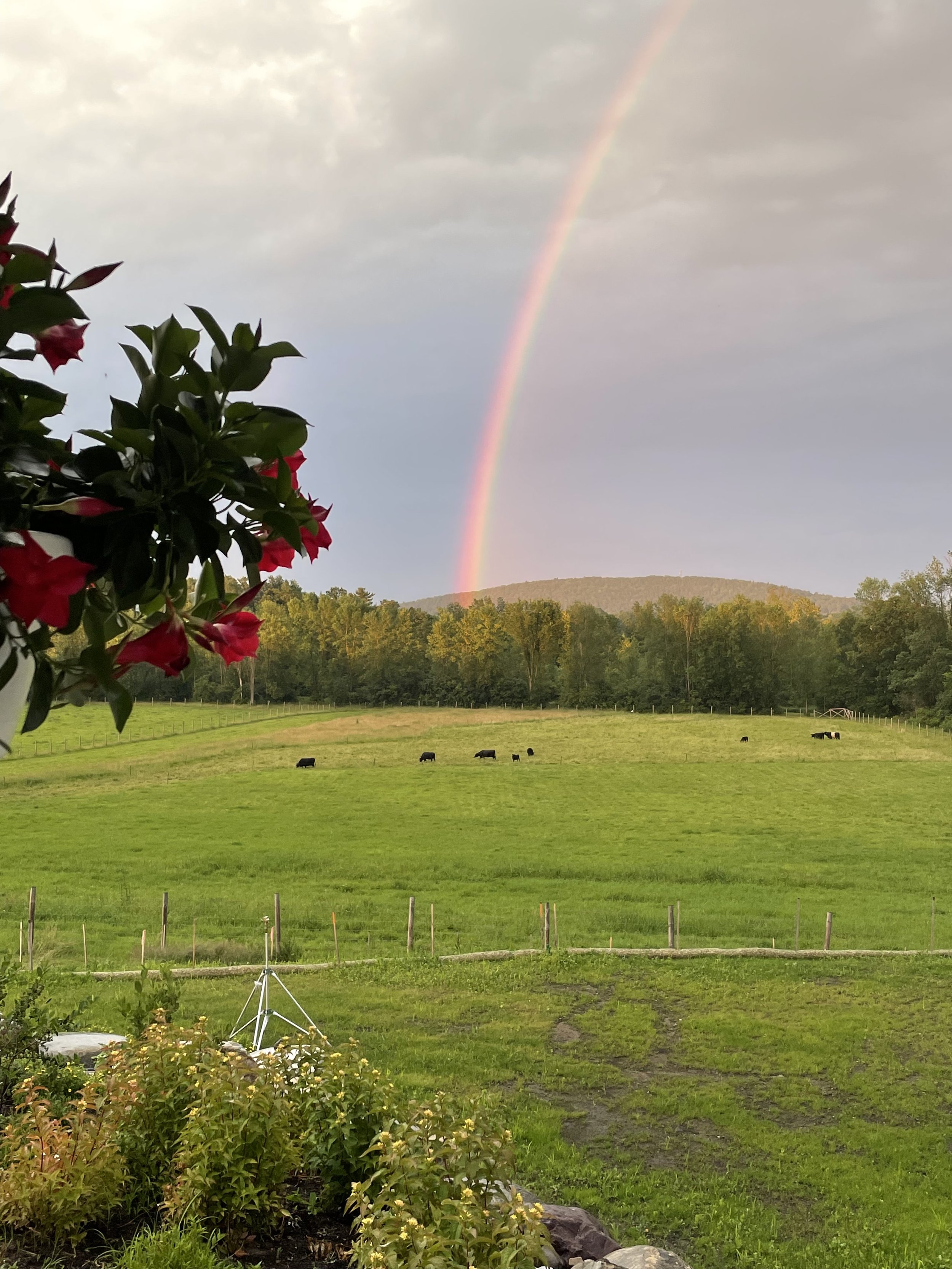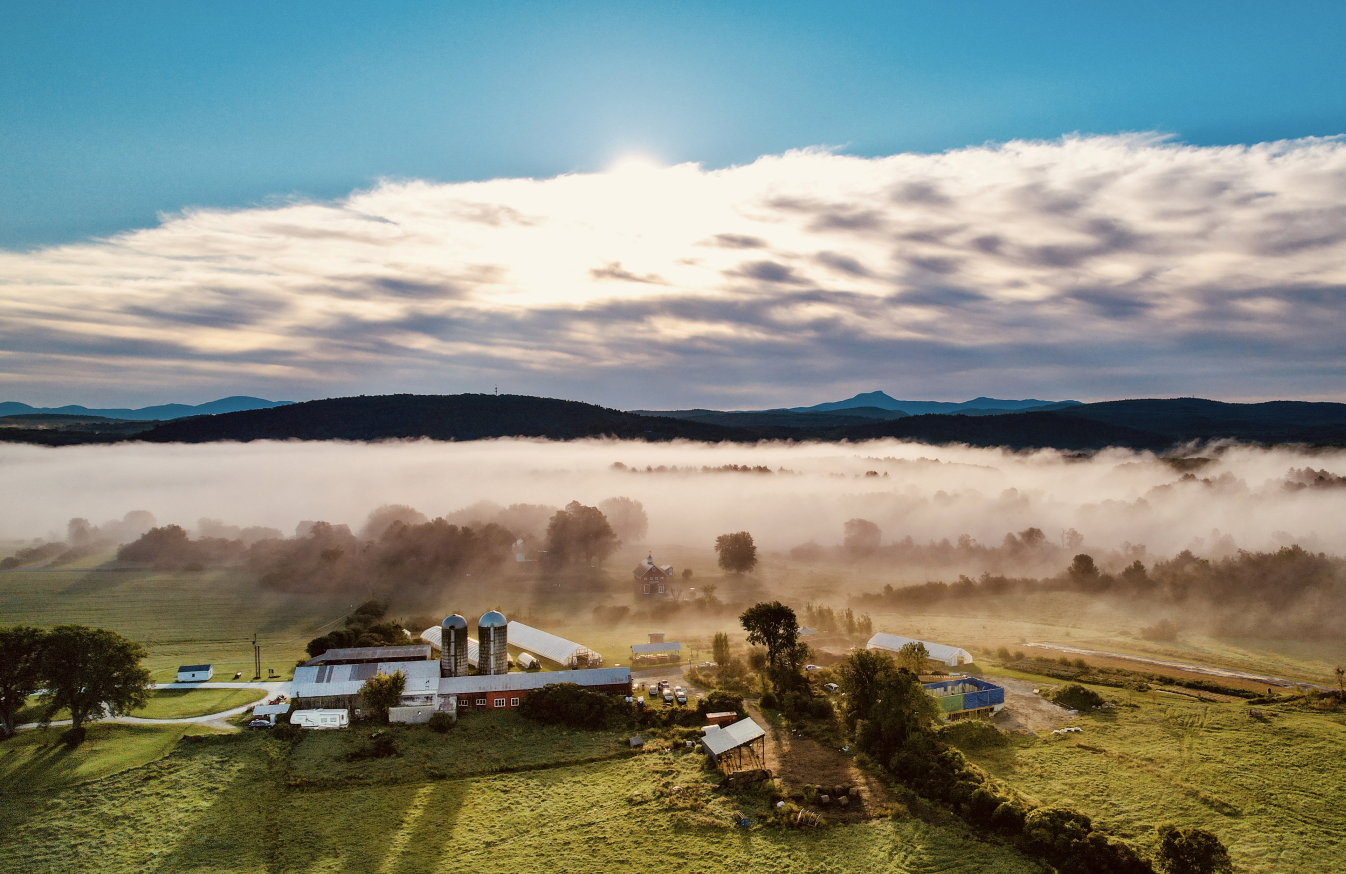
The Agrihood Collective
Growing Resilient Communities
Building healthy ecosystems with land and people.
Mission
The Agrihood Collective (TAC) is a nonprofit organization in Vermont founded by neighboring farmers and food business owners within a one-mile radius in South Burlington and Shelburne.
Mission Statement: TAC aims to deliver quality nutrition, land-based education, and healthy ecosystems through permanent regenerative stewardship of land for future generations.
TAC offers an innovative model for farmland access and farm community collaboration, aiming to protect and enhance the positive impacts of farming in Vermont and beyond.
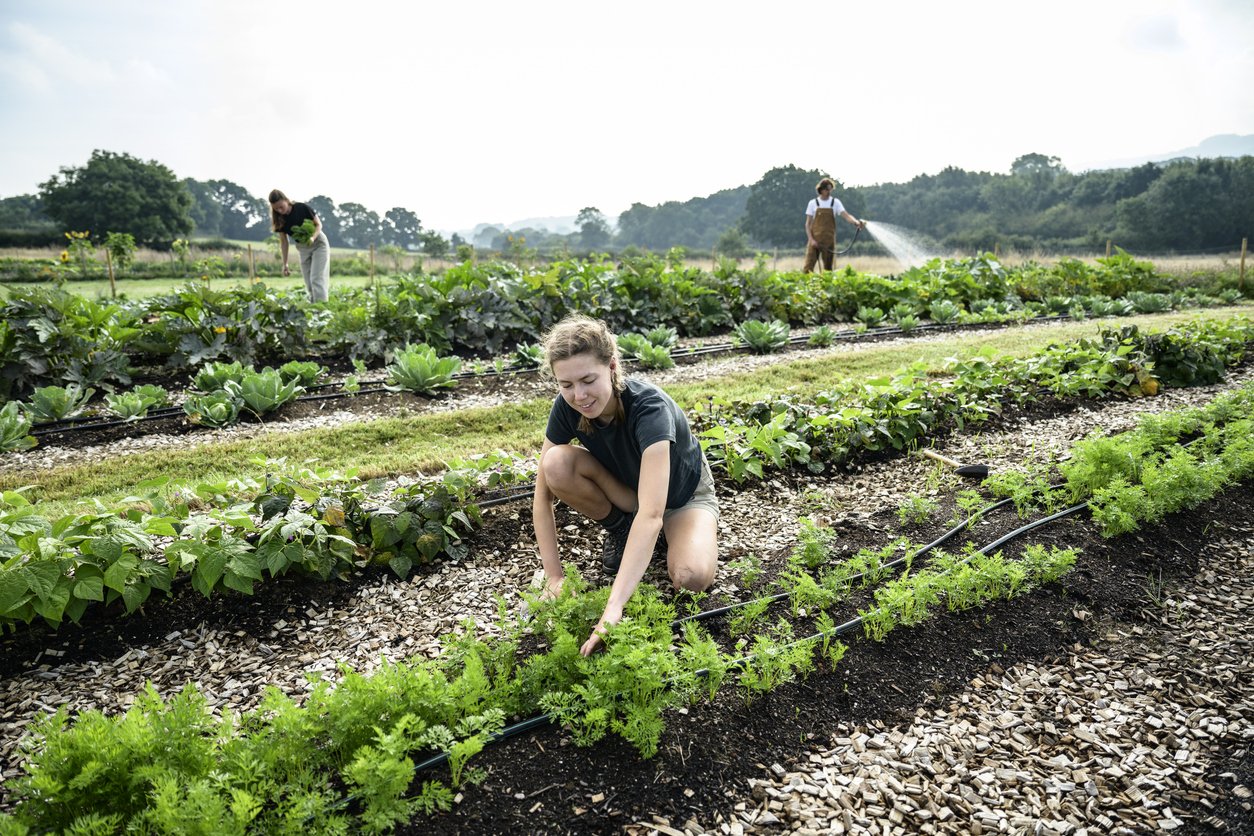
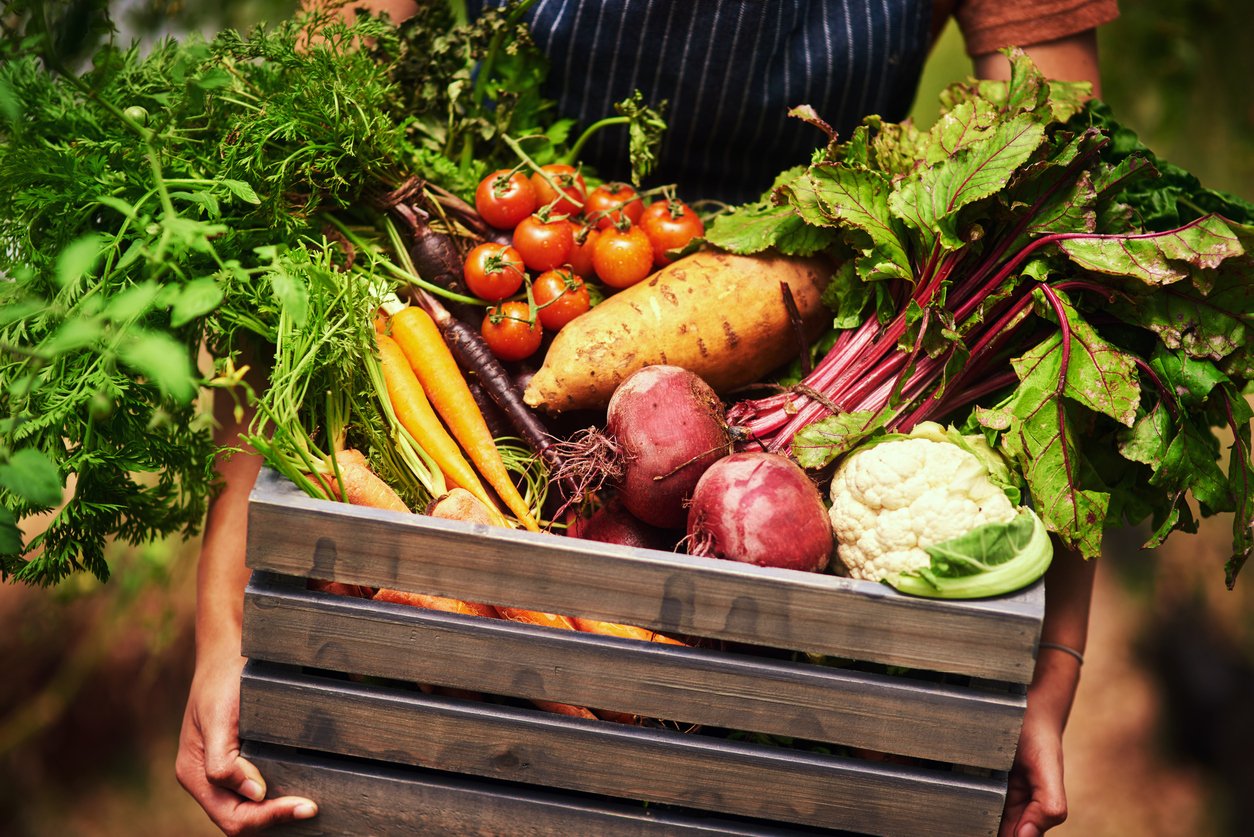

National Farm Movement
TAC is emboldened by a powerful movement gaining momentum in national food systems. Critical to the viability of our food network, the movement seeks to lift up farmers as community land stewards, promote regenerative food production, and increase access to land and food while permanently decommodifying land ownership. TAC offers a Vermont-sized model to do just that.
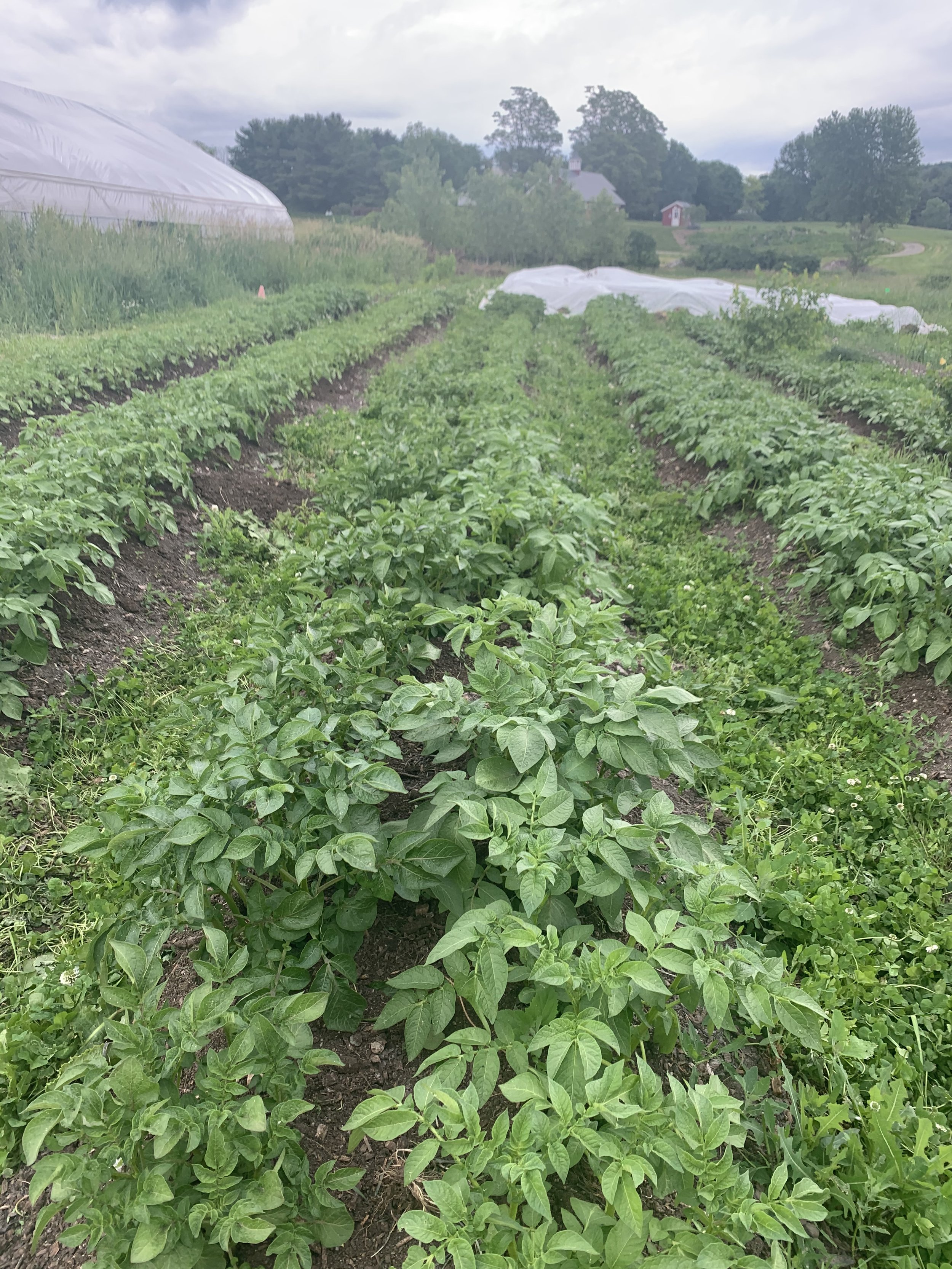
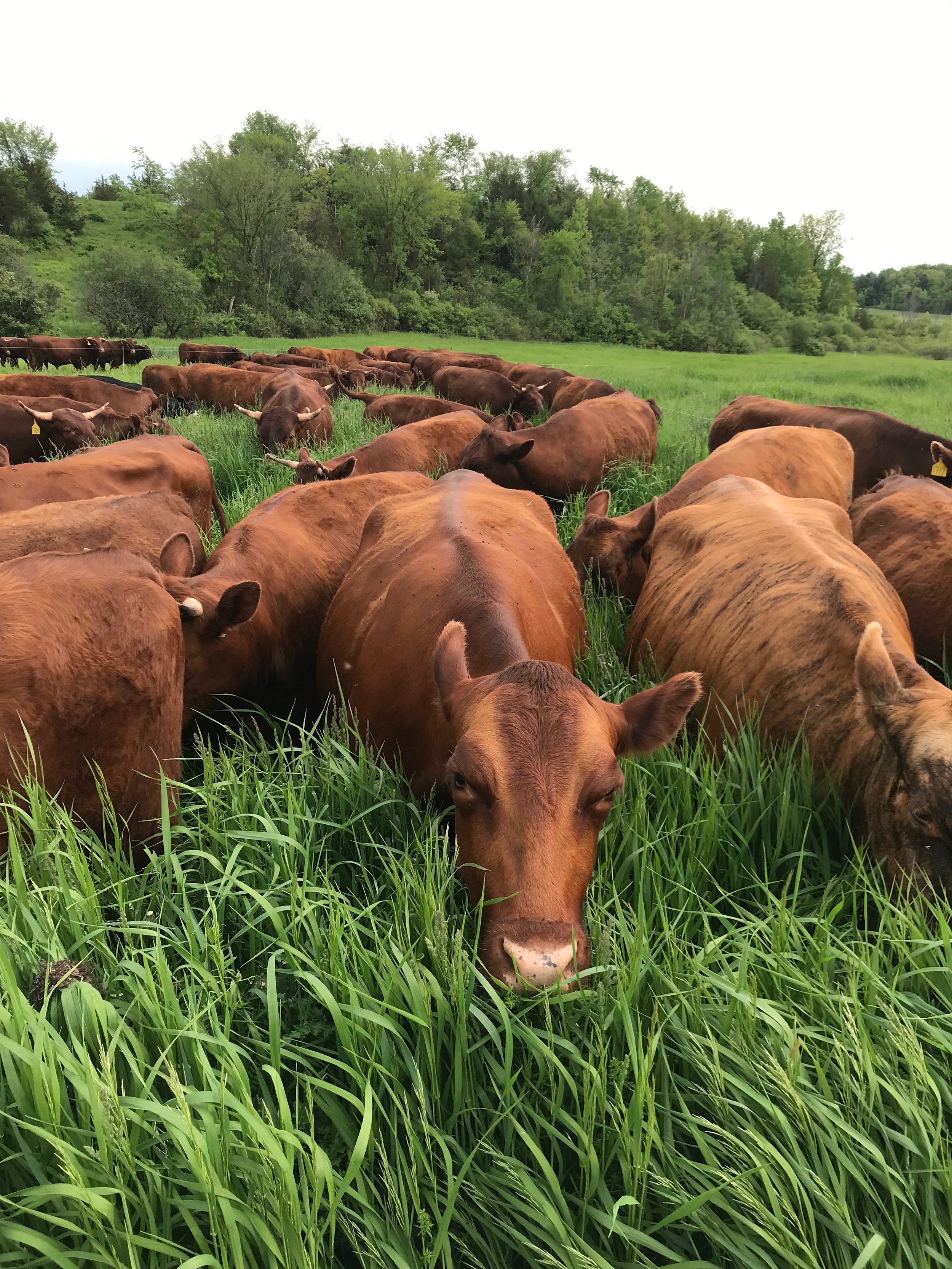
Pilot Project
TAC’s pilot project aims to acquire 360 acres of agricultural land and an additional 13 acres to develop a farm infrastructure center. This initiative will support farmers practicing biodiverse land stewardship, promote regenerative agricultural practices, and ultimately create greater farm viability.
Located just 6 miles from Burlington, Vermont, the state's most populous city, this land is central to an extraordinary conservation and regenerative stewardship initiative in an area facing intense development and landscape fragmentation pressure.
Challenges with Traditional Farm Models
To achieve TAC’s mission and ensure regenerative land stewardship and farming, the following current challenges must be addressed.
Access to Land
Rising land valuations have made it increasingly challenging for farmers to acquire and maintain farmland, particularly in areas close to the communities they serve. This trend threatens their ability to provide essential food and landscape functions.
Infrastructure and Equipment Costs
Rising infrastructure and equipment costs create a heavy financial burden for farm businesses, limiting their capacity to implement decisions that enhance profitability, promote healthy stewardship, and support regenerative practices.
Climate Resiliency
The rising frequency and intensity of extreme weather events pose serious short- and long-term threats to farm viability. When soil health is compromised, and watershed functions are disrupted, the consequences can be devastating for agricultural operations and the communities they serve.
Workforce Retention
Rising housing costs and insufficient incomes for farmers and farmworkers have created a significant challenge in retaining a stable workforce. This situation makes it difficult to sustain equitable livelihoods within the agricultural sector, impacting both the community and food production.
Soil Degradation
Widespread issues such as soil nutrient depletion, compaction, and limited biodiversity have significantly diminished farmland productivity and landscape functionality. These challenges threaten our ability to support a healthy local population now and for future generations. Addressing soil degradation is essential for ensuring the resilience of our agricultural systems and the well-being of our communities.
Key Levers to Address These Challenges
TAC recognizes that the challenges facing agriculture are widespread across Vermont and beyond, with many organizations and initiatives working to tackle them. However, we believe that access to land and infrastructure is a critical yet often under-addressed lever for systemic change.
Land Security
TAC is committed to securing land and ensuring long-term access for farmers who engage in regenerative farm management and research, as well as for educators providing ecological, land-based curricula. This strategy enhances soil, air, and water quality while producing healthy food for our communities and training the next generation of land stewards.
Shared Key Resources and Infrastructure
Permanent regenerative stewardship relies on essential infrastructure. To support this, TAC promotes affordable farm workforce housing and the development of shared facilities, including farm markets, food processing centers, and conditioned storage buildings. These resources are vital for the success of farm and food businesses.
Collaboration
The Agrihood Collective is collaborating with existing organizations to create solutions that meet the needs of modern farmers and the communities that depend on them, fostering more resilient local food economies.

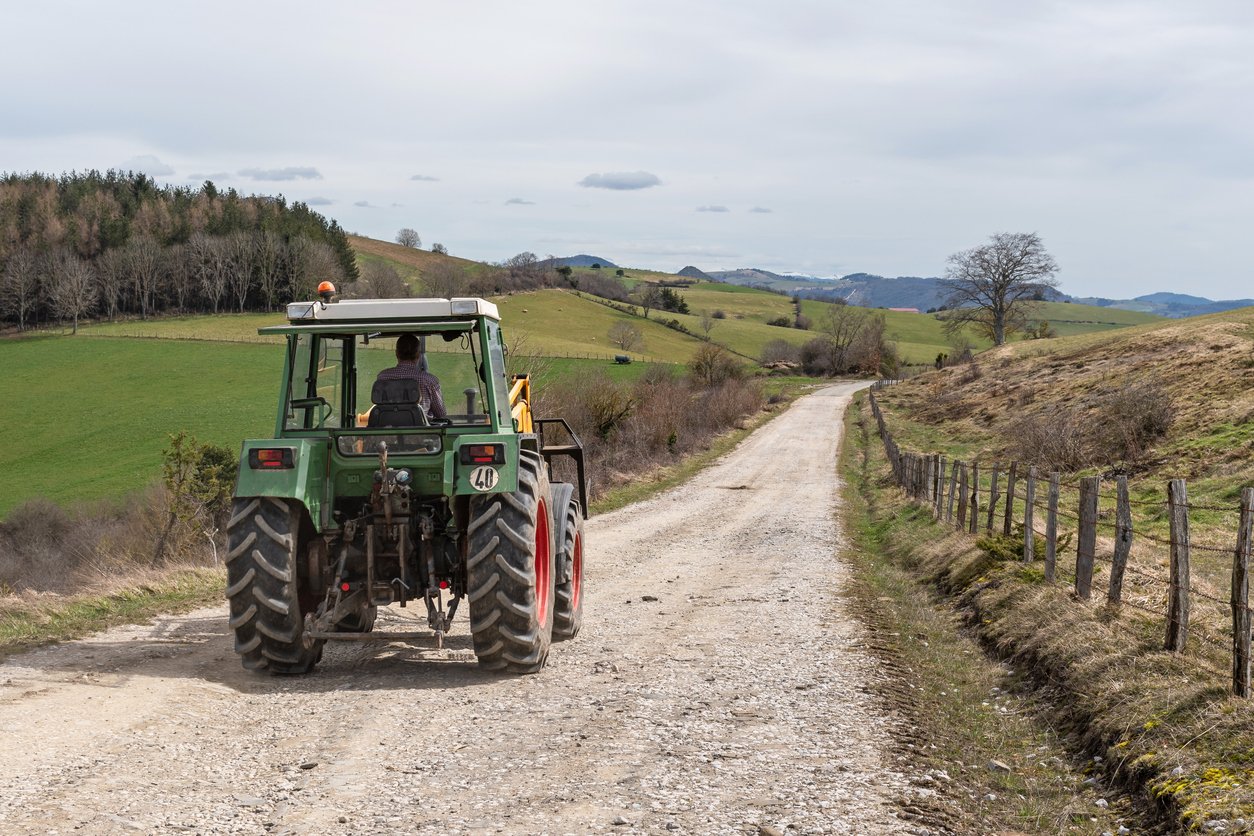
Public Recreational Trails
We are developing up to 14 miles of public recreational trails that will connect to a multi-city trail system and have convenient access via public transit.
Community Benefits
TAC is dedicated to directly engaging and benefiting the community through a variety of initiatives.
Educational Programs
TAC offers year-round land-based education programs for hundreds of students annually, providing valuable learning opportunities for both youth and adults.
Local Food Access
We are expanding direct-to-consumer farm retail, Community Supported Agriculture (CSA), and on-farm events, serving over 10,000 people each year in collaboration with 30 local farms.
Agroforestry Initiatives
TAC is actively participating in a 100,000-tree planting project to establish a high-diversity silvopasture and pick-your-own stone fruit and berry orchard, making this one of the largest agroforestry systems in the Northeast.
Through these initiatives, TAC strives to cultivate vibrant, connected communities, prioritizing land-based education, innovative research on regenerative farming practices, and access to fresh, local food.

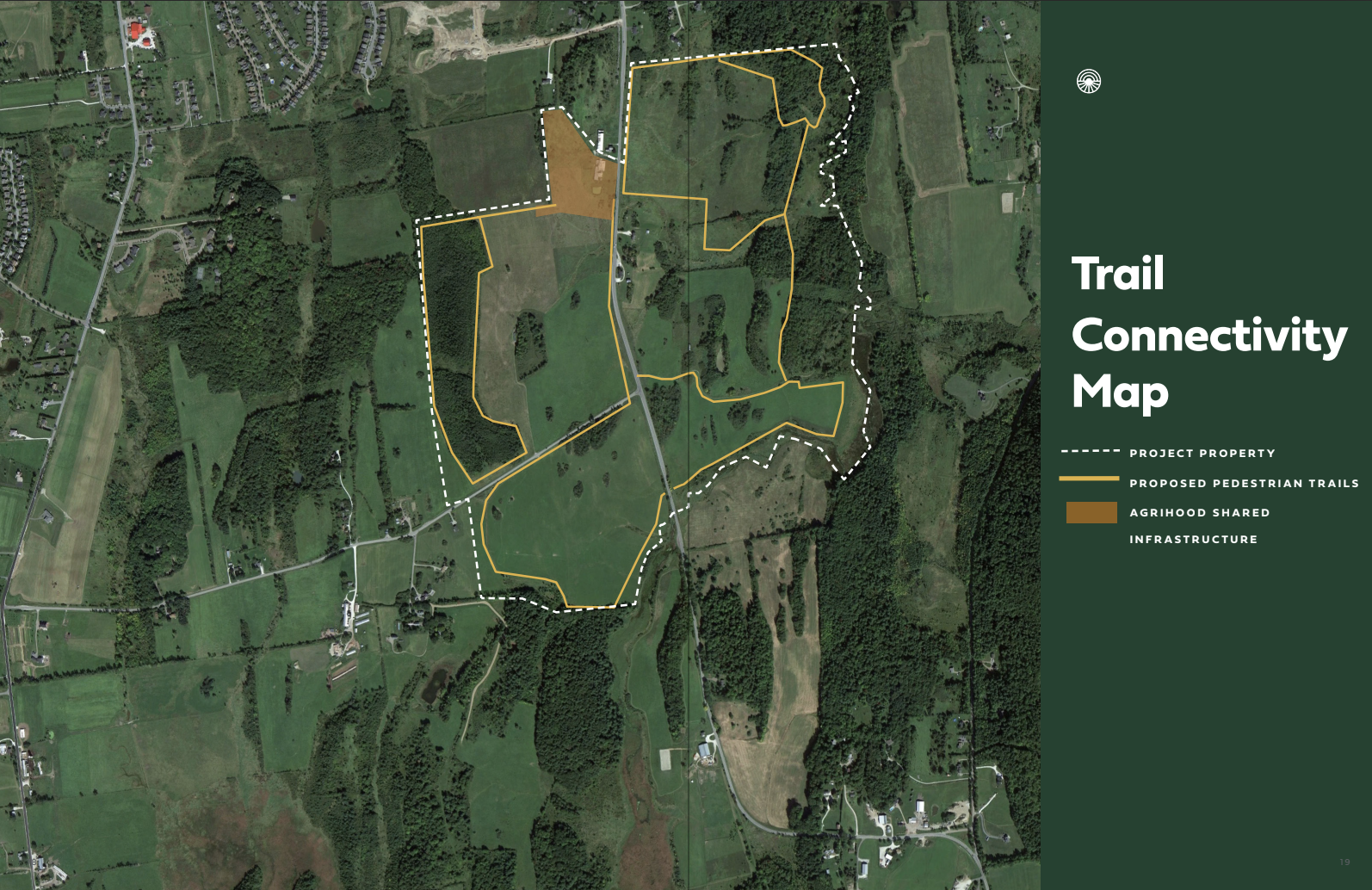
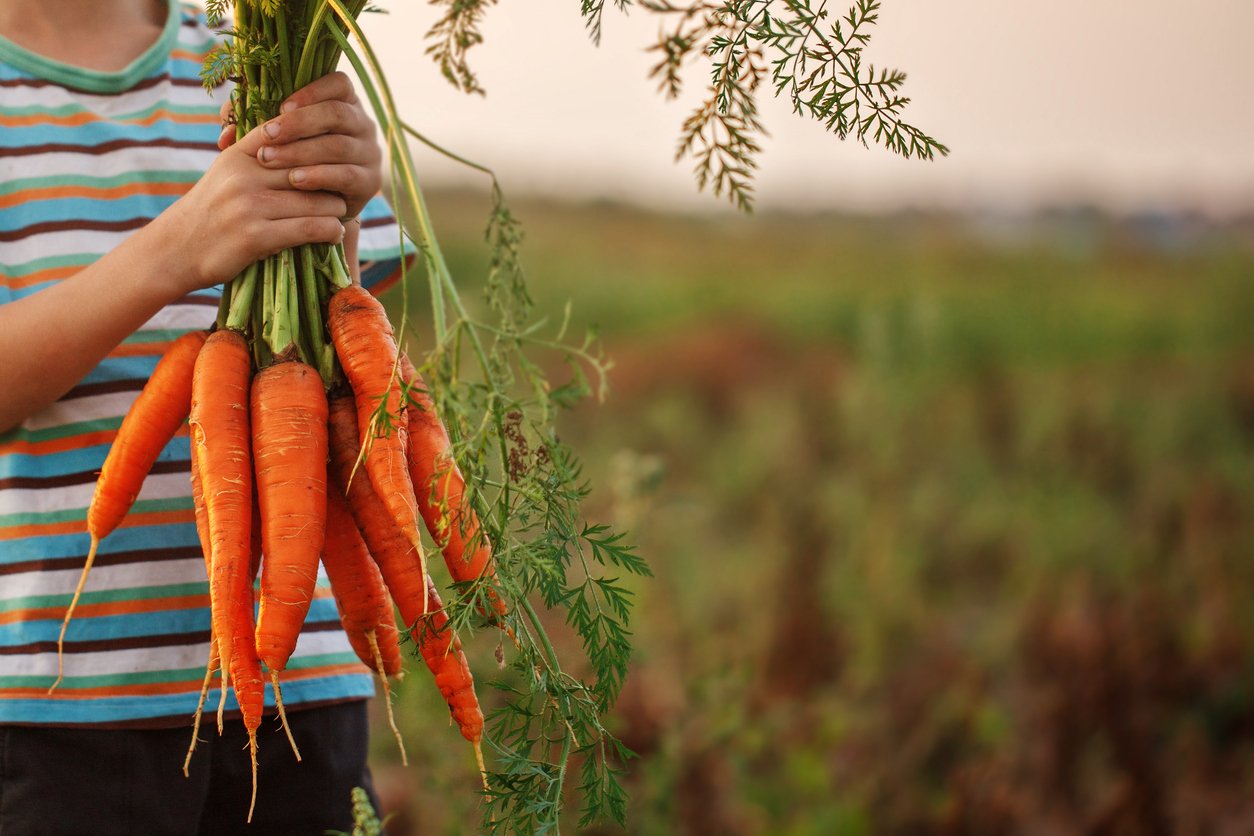
Regenerative Farming
Regenerative farming practices, such as using cover crops, rotational grazing, and agroforestry, help restore soil health and make it more productive. It helps protect clean drinking water and reduces the risk of harmful algal blooms that negatively impact the health of local ponds and lakes. It helps restore threatened biodiversity and enhance natural habitats, reduces greenhouse gas emissions by sequestering carbon in the soil, and helps secure the food supply for a growing population.
Help Our Farming Community Thrive
The mission of TAC is to strengthen local foodsheds through a non-profit model of shared lands and infrastructure.
This year, the Collective will purchase 373 acres in South Burlington to support regenerative agriculture and build comprehensive shared farm infrastructure.




